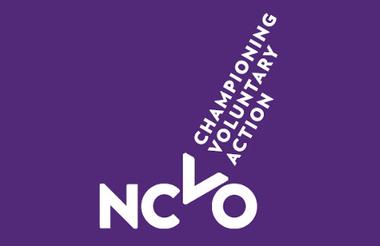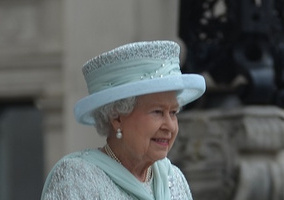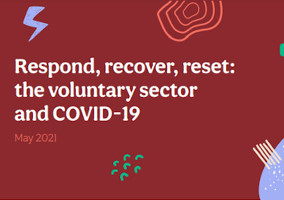The voluntary sector has shifted over the past decade to become “powered far more” by people and communities than the state, NCVO has claimed.
Earlier this week, Scouts hosted a roundtable with cross sector and party representatives at the Labour Party conference to discuss how the state can empower civil society to recover from Covid-19 and reduce inequalities.
Among the participants was Alex Farrow, director of influencing and engagement at NCVO, who argued that there has been a shift over the last 12 years in terms of how the charity sector is funded.
Meanwhile, Leigh Middleton, chief executive officer of National Youth Agency, warned that charities have “lost the ability to recruit volunteers”.
‘Massive shift’ over the past 12 years
Asked to think about examples of state interventions powering up civil society, Farrow said that he saw a “slightly different landscape”.
He said: “At the moment, I see the voluntary sector being powered far more by people and communities than the state. If we just look at money alone, the last time [Labour] were in government [in] 2010, [income from government as a percentage of the voluntary sector income was 36%]. So the government really was powering civil society financially. Now, it’s about [28]%.
“We see that the vast majority of money that comes into civil society comes first of all from the public – just giving money – but also from earned income – the voluntary sector selling services. In 12 years, we’ve seen a massive shift in who is powering the voluntary sector.”
Farrow added that volunteers are “firmly embedded in how our society runs”. He gave the examples of the Queen’s lying-in state and the 999 service, where callers are highly likely to be supported by St John Ambulance volunteers among others.
Sector has ‘lost its ability to attract volunteers’
Middleton said at the event that there is a need to invest in the infrastructure of the sector to create an opportunity to support volunteering and recruitment.
“We’ve lost the ability to go and recruit volunteers into our sector. They comes from other routes, of course, but there were specific, creative channels that we’ve now lost. I think it’s about support, engagement, recognition and making it really simple to do really,” he said.
Farrow argued that the government must play a role “in strengthening the environment in which charities and volunteering can thrive”.
“Civil society has been under stress and attack in terms of recent bits of legislation. […] The things we’d like to see [is] around entrenching those kinds of democratic freedoms for civil society to speak out confidently, to campaign well within the law around charities but to feel able to talk about the issues that they see. We would want to see unequivocal support for the role of charities and volunteers that actually makes society and communities great and bring people together.”
He pointed out that recent NCVO research shows that individuals from a lower income background are three times less likely to volunteer.
“If you come from a lower income households you’re probably not going to do it because you’re working longer and paying more for childcare,” he said.
The power of volunteers
Chairing the session, Matt Hyde, Scouts’ chief executive officer, said “we saw the true power” of volunteers during the pandemic.
Hyde quoted findings from the Talk/together report which found that 12.4 million people volunteered during Covid-19, including 4.6 million who did it for the first time. Of these, 75% said they would volunteer again.
He said that “one in four of the jabs we got in our arms” were delivered by St John Ambulance’s volunteers, and that volunteers helped support people queueing for the Queen's lying-in-state.
“As someone who was there quite a lot on the ground, I think what was really interesting for me about that experience was seeing the different connections and relationships that took place between the young people, particularly those who were volunteering there, and that incredible moment of community in the queue. Frankly, the organisation simply wouldn’t have been possible weren’t it for civil society organisations,” he said.
Editor’s note: The original percentages provided by Alex Farrow during the roundatble (government income as a percentage of the voluntary sector income) were incorrect and amended on 28 September 2022.
Related articles











